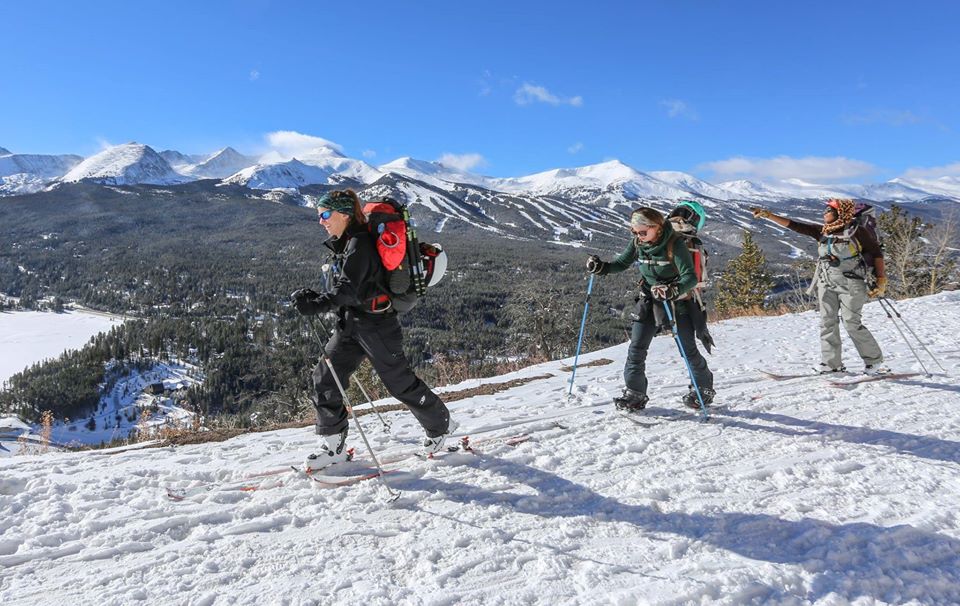Breckenridge sits at over 9,500 feet above sea level - although this is great for our low humidity and year-round sunshine, it can make it hard for some to adjust to the high altitude. Here in Summit County, it’s not always the spectacular views that take your breath away. Although known for its breathtaking panoramic views, the mountains themselves are the cause of literally taking your breath away. The "thin" air at these higher altitudes makes your body work harder for the oxygen it needs, causing symptoms like headaches, dizziness, nausea or fatigue - unless you know the signs and how to avoid it. Feel your best in the high country by following these simple steps:
1. Hydrate, Hydrate, Hydrate
The best way to help your body adjust to the altitude is staying hydrated. It is recommended that a few days before your trip you should start drinking excess water to prepare your body! You should be drinking more than twice your normal amount of water while at high altitudes. Be sure to hydrate with water and avoid caffeinated beverages, alcohol, and sugary drinks if possible. If you do find yourself wanting to indulge in the Breckenridge craft beer scene or grab a cup of coffee from one of the many cafes around town, just be sure to continue drinking water at a faster pace to stay hydrated!
2. Eat your Fruits, Veggies & Carbs!
Fruits, vegetables, whole grains, and pasta are rich in potassium and great for stabilizing blood sugar as well as providing energy. It's best to stay away from salty foods which tend to be dehydrating. Once you've made it into the mountains, grab a bite to eat while exploring around town at one of our favorite dining spots.
3. Take it Easy!
Experts recommend taking it easy at least the first day to allow your body to acclimate. Exercise at high altitudes is more difficult than at sea level, so be sure to listen when your body gets tired or you’re short of breath. If you plan on booking any activities be sure to schedule them for later in your trip to avoid overdoing it early on. Take the first day to enjoy the more leisurely activities around town like shopping, exploring the county's history, or checking out the breweries and wineries (just be sure to keep drinking that water!).
4. Check with a Medical Professional
Before traveling, check with a medical professional about preventative medication options. And of course, if you do experience altitude sickness, and the symptoms persist, worsen or you have a concern about your health, seek medical attention immediately.
5. Take your Time
If you have the option, taking a day or two in Denver to acclimate is a great idea, especially for those extremely sensitive to the effects of altitude sickness. If that’s not an option, be sure to plan for that relaxing first day in the high country.
Bonus Tip - Combat altitude sickness with supplemental oxygen Grab a can of oxygen from the store, relax in one of the oxygen bars around town while getting treatment or schedule to have an oxygen machine delivered to your rental home for use throughout your trip!
The most important part of avoiding altitude sickness is to listen to your body. The above tips will help your body adjust to the altitude and avoid sickness, however, if your symptoms continue to get worse, move to a lower altitude and always seek medical attention you are concerned about your health.
Trust River Ridge Rentals to provide the best recommendations and relaxation tips for the perfect vacation to Summit County. Contact us today to book your reservations!
Photo credit to GoBreck.

